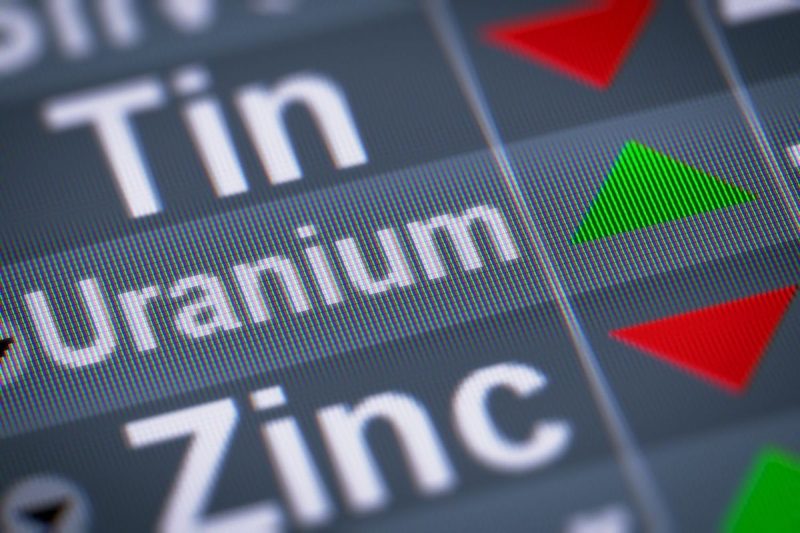Uranium Stocks Surge as Kazakhstan Raises Mineral Extraction Tax
The recent decision by Kazakhstan to raise its mineral extraction tax has resulted in a significant surge in uranium stocks worldwide. This move by one of the world’s largest producers of uranium has sent shockwaves through the global market, raising concerns about the future supply and prices of this crucial mineral.
Kazakhstan’s decision to increase the mineral extraction tax is a response to the economic challenges posed by the COVID-19 pandemic. The country, which accounts for nearly 40% of global uranium production, is looking to bolster its revenue streams in the face of a struggling economy. This tax hike has effectively raised the cost of uranium production in Kazakhstan, leading to fears of a potential supply shortage in the coming months.
The impact of Kazakhstan’s decision has been felt keenly in the financial markets, with uranium stocks experiencing a sharp increase in value. Investors are scrambling to capitalize on the anticipated rise in uranium prices, driving up the stock prices of companies involved in uranium mining and production.
One of the key beneficiaries of this surge in uranium stocks is Cameco, one of the world’s largest uranium producers. The Canadian company has seen its stock price climb steadily in the wake of Kazakhstan’s tax hike, as investors bet on increased demand and higher prices for uranium in the near future.
Other uranium stocks that have experienced significant gains include Uranium Energy Corp and Energy Fuels Inc. These companies, which are focused on uranium exploration and production in North America, have seen a surge in investor interest as the global uranium market reacts to Kazakhstan’s tax increase.
The looming supply shortage in Kazakhstan has also reignited discussions about the role of nuclear energy in the global transition to a cleaner and more sustainable energy future. Uranium is a key component in nuclear power generation, and any disruption in the global uranium supply chain could have far-reaching consequences for the development of nuclear energy.
In response to the growing demand for uranium, some countries are looking to increase their domestic production capacity. The United States, in particular, has expressed interest in ramping up its uranium mining operations to reduce its reliance on imported uranium.
Overall, the recent surge in uranium stocks driven by Kazakhstan’s tax hike underscores the complex and interconnected nature of the global energy market. As countries grapple with economic challenges and seek to transition to cleaner forms of energy, the demand for uranium is likely to continue its upward trajectory, providing opportunities for investors and companies in the uranium sector.
